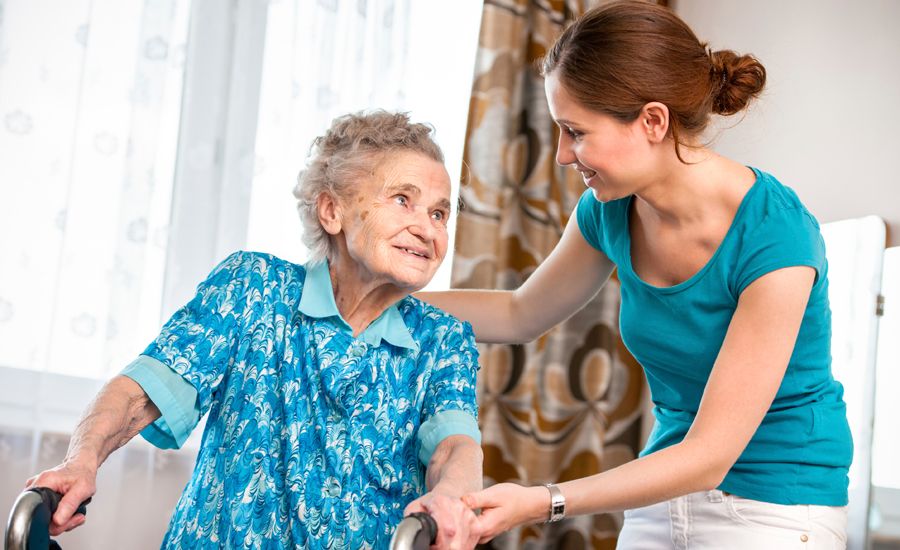It’s easy to forget about your own needs, as Marni Rader did, when you’re caring for an aging family member. But one of the most important things you can do as a caregiver is take care of yourself—body, mind and soul. After all, how much help will you be to your loved one if you’re sick or burned out?
Common signs of caregiver stress are disturbed sleep, weight gain or loss, headaches, anxiety, irritability and forgetfulness. Know your own signs that stress is getting to you and take steps to manage it. Don’t wait until you’re overwhelmed. Home Instead Senior Care, working with Amy D’Aprix, Ph.D., a caregiving expert, has developed a program on familycaregiver stress relief. Some tips:
Find an outlet for your feelings.
It’s normal to have mixed emotions about caregiving, as with any major life event, Dr. D’Aprix notes. Keep a journal. Join a support group. Talk to a pastor, a therapist or a nonjudgmental friend.
Schedule daily “me time,”
This should ideally be done early in the day so it doesn’t get overlooked. Do something you enjoyed before you became a caregiver. “Build in mini breaks—15 minutes at a time,” Dr. D’Aprix suggests.
Take longer breaks too.
Family, friends or volunteers from your loved one’s church or synagogue can fill in. Or find adult day-care programs in your area at eldercare.gov. If you’re considering professional respite care, contact Home Instead Senior Care at (866) 996-1085 or homeinstead.com/guideposts for a free consultation.
Eat a healthy, balanced diet.
The quick pick-me-up you get from fast food and sugar leads to a quick letdown.
Get moving.
Exercise relieves stress and is as effective as medication in combating mild depression. Pick an activity that’s fun for you (you’re more likely to stick with it) and aim for at least 20 minutes three times a week.
Keep your medical and dental appointments.
Don’t skip checkups. You’ll take better care of your loved one if you’re healthy than if you’re sick and weak.
Get out and socialize.
Caregivers often feel isolated. Having connections outside of caregiving will help you keep things in perspective.
Pray and meditate.
Exercising your faith reduces stress from the inside out.
To take a caregiver-distress assessment and learn more about how to cope with the stress of caregiving, go to familycaregiverstressrelief.com.
Read Marni Rader’s story about caring for her mother as she struggled with clinical depression.
Did you find this story helpful? Subscribe to Guideposts magazine.




